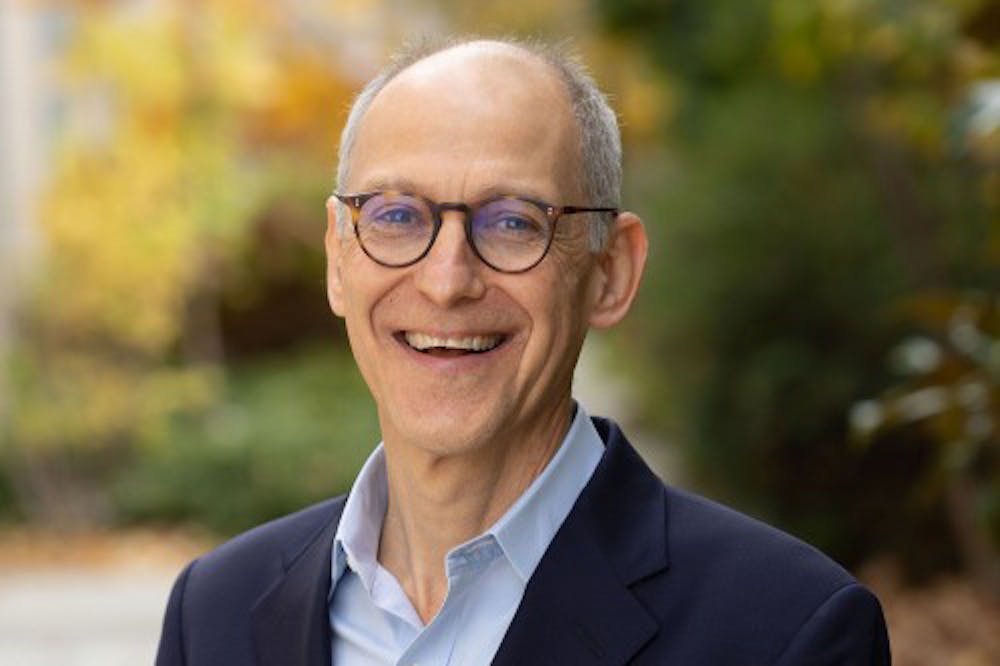
Ezekiel Emanuel, vice provost for Global Initiatives and professor of Medical Ethics and Health Policy, wrote a New York Times opinion piece calling on higher education institutions to address the “moral deficiencies of a liberal education.”
The piece, published Oct. 17, argues that university leaders and faculty still need to provide students with the basic education necessary for navigating complex moral issues. In an interview with The Daily Pennsylvanian, Emanuel reflected on the piece and spoke about the principles that should guide Penn’s approach to a liberal education.
The piece opens by referring to recent statements from students at Harvard and other institutions on the ongoing violence between Israel and Hamas. According to Emanuel, the students’ concentration of blame on Israel for the Oct. 7 attack signals how universities fail to equip graduates to understand basic questions of humanity.
“Ethics are rarely either/or,” he wrote in the piece. “It is possible to condemn the barbarism of Hamas and condemn the endless Israeli occupation of the West Bank.”
He viewed campus reactions as an indication of a deeper problem at elite universities that has contributed to students’ “moral blinders.”
Emanuel told the DP that he first began thinking about the moral gaps in education as an undergraduate student. Recent campus controversy over the Israel-Hamas war “crystallized” his concern about students' inability to distinguish right from wrong, which prevents them from evaluating such cases in a careful, nuanced way.
“I’ve long thought we’re sending people out without a conviction for what they stand for and the ability to justify that position,” Emanuel said. “I worry about not giving people the tools to critically think about what they stand for.”
In the piece, Emanuel urged universities to rethink the meaning of education through a few key questions: “What is in our curriculums? What do we think it means to be well-educated? What moral stands are we taking?”
He told the DP that universities should aim to develop students’ critical analytical skills, moral compass, and understanding of how to think ethically about complex situations. Emanuel views these tools as essential to becoming ethical, engaged citizens after graduation.
“When we send out in the world, we give you a diploma — what do we think that diploma means?” he said.
In addition to ethics courses, Emanuel added that history and literature studies are important components of a liberal education in the 21st century. These courses allow students to think historically about current debates and develop an awareness of the “big questions” and challenges facing people.
Emanuel ends his piece by calling on universities to construct a curriculum that cultivates moral reasoning and free inquiry.
“Unless we provide a liberal education with strong moral and ethical foundations as the center of our work, students will never grow in wisdom, to the detriment of our country and humanity,” he wrote.
Emanuel said that creating this sort of curriculum is a “collective effort” that must involve the Penn community as a whole. He emphasized the importance of shared courses and conversations among students, especially in the context of events such as the Israel-Hamas war.
“Students are all wrestling with the same things: What do I do with my life? How do I make a difference in the world? How do I evaluate an episode like this?” he said. “If you’re not wrestling with those questions, we have definitely failed.”
The Daily Pennsylvanian is an independent, student-run newspaper. Please consider making a donation to support the coverage that shapes the University. Your generosity ensures a future of strong journalism at Penn.
Donate



